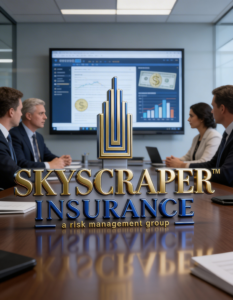Why Partner with an Occupational
Medicine Provider With a partner
- Lower costs
- The employee feels you care
- Fast service
- Better communication
- Less lost work time
- Stronger follow-up care
- Fewer OSHA recordable
- Easier Billing
- Without a partner
- Confusion
- Poor employee experience
- Billing issues
- Lose track of the employee
- Unnecessary recordables
- Higher costs
- Longer case duration
- Less control
What to look for in a provider
Established injury care programs and
processes
Focus on outcomes/ Occupational Medicine
Expertise.
Strong Physician relationships
The structured and managed communication process
Focus on Patient Experience
Questions to ask Provider
Are you certified by the NYSWCB? If so, what is your WCB
number?
What is your philosophy of treating work-related injuries?
Do you understand OSHA Recordability?
What is the average wait time?
What are your hours of operation?
How do you communicate with employers?
What happens when a referral to a specialist is needed?
How many of your doctors are full-time employees?
What other services do you provide? Drug testing, BAT,
Respirator clearance, etc.
Why every business with employees Partner with an Occupational Medicine Provider With a partner, Skyscraper Insurance Risk management dep can set you up it keep your workers comp down as well! https://skyscraperinsurance.com/









